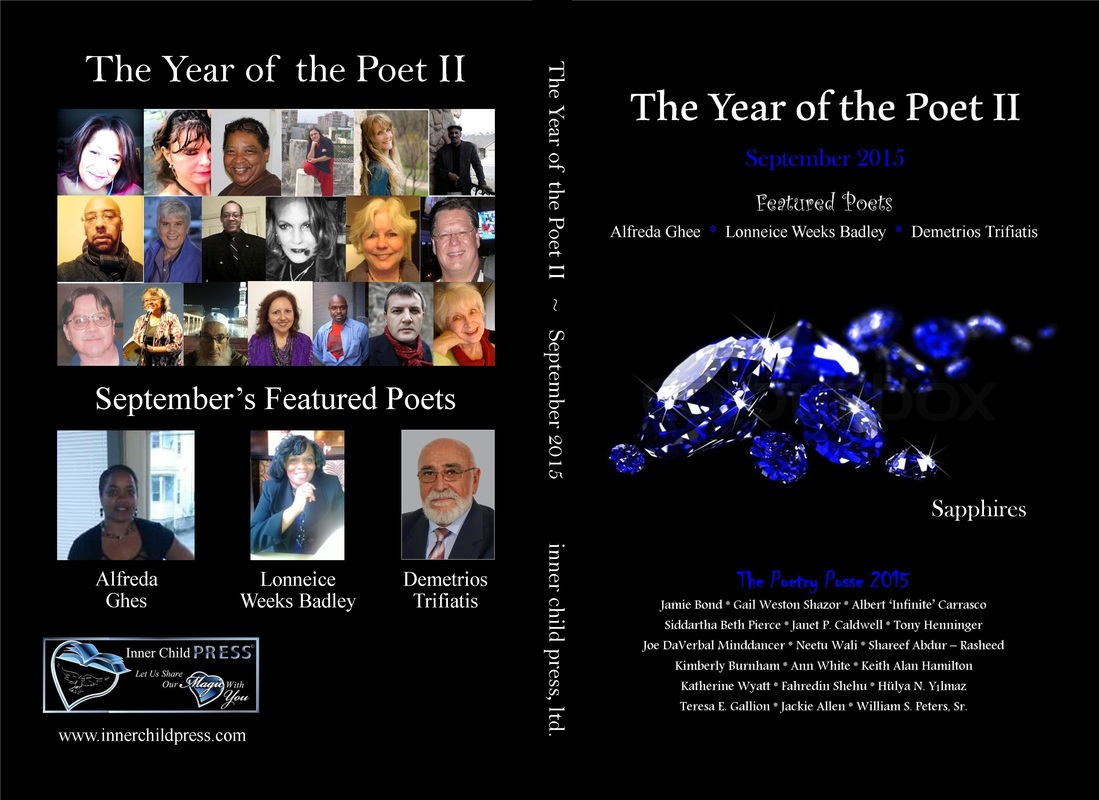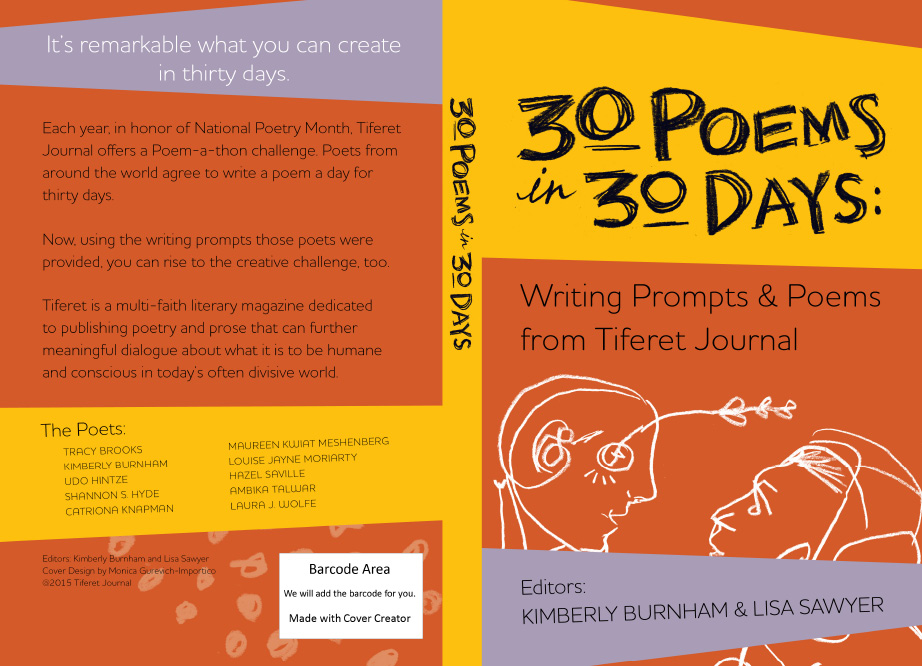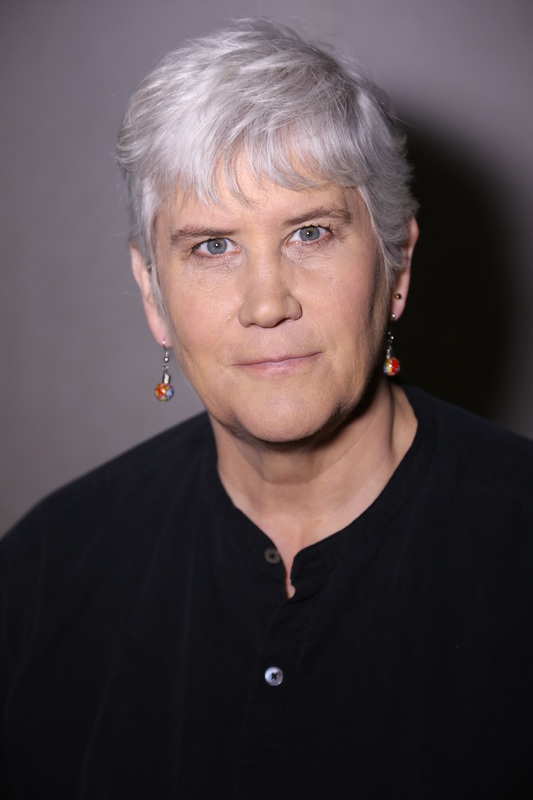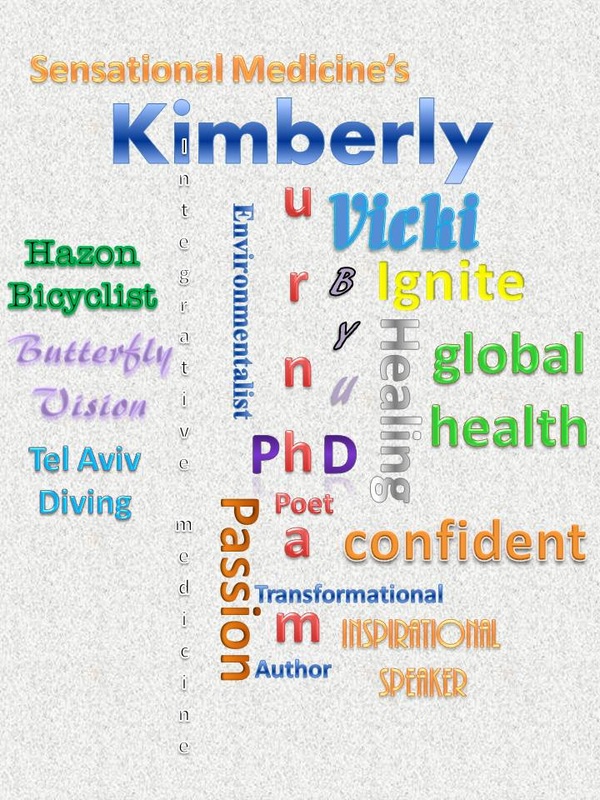- Peace Project
- Mistaken For A Man
-
Jewish Books
-
Brain Health
-
Writers
- Poet's Corner
- Authors
- LGBTQ Memoir Writers
- Publish Your Memoir This Year
- Children's Weekly Writing Class
- Consultation Services
- Color Vision & Words Blog
- Peace Words Blog
- SpokaneFavs Blog
- Raising Consciousness Now Blog
- Community of Humanity Blog
- Children Write >
-
Published!
>
- Medium Blog
- Life Consider It a Joy by Diane D. Gunning
- The Dragon Garden
- Beyond The Now Essays On the Heart of Enlightenment by Jason Shulman
- Take Your Cookies When They're Passed by Jean Galt Coblents
- Finding Santa by Paul Burnham
- Division of Labor by Bruce A. Labenz
- About the Dybbuks: Jewish Historical Fiction from Pittsburgh's Hill District by Sue Lindenberg McClelland
- Keys of My Life: A Memoir by Carla Olman Peperzak
- My Greece: Mirrors & Metamorphoses by Ambika Talwar
- The Healing Heart by Barbara Meyers
- Love Among the Gods: Myths of Relationship by Shirley Kiefer
- The Year of the Poet Monthly Book
- United World Movement For Children (UWMC)
- Travel
- Garden
- Poetry
|
Marcoen, A. (2010). "[About elderly people and the healing effect of poetry]." Tijdschr Gerontol Geriatr 41(3): 112-115.: "Poems about aging and old age are published regularly in anthologies and websites. Over 15% of persons of 16 years and older in the Netherlands write poems at some time, including 8% of the elderly.
Poetry reading and writing can have a beneficial effect. In many countries bibliotherapy and poetry therapy are part of the therapeutic arsenal of the health care practitioners. There is more and more research into the effects of creative writing on many health indicators at the physiological, emotional and cognitive levels of functioning. In the Dutch speaking countries, too, the possible benefits of poetry deserves the attention of gerontological practitioners and researchers."
0 Comments
Coe, F. L. (2011). ""A sudden lift of wings": Poetry and prose about Alzheimer's disease." Perspect Biol Med 54(1): 106-114.: "The editor has collected poems from people who have cared for loved ones with Alzheimer's disease. The writers range from prize-winning poets to amateurs, but all share in common a passion, an experience that evokes from them emotions they long to rest in the crystal of poetry.
Their poems illuminate the dark terrors of this most disabling and dehumanizing disease, and, perhaps surprisingly, reveal an ancient truth: that love is stronger than death." Clark, T. (2011). "Poetry through soul." Australas Psychiatry 19 Suppl 1: S69-72.: "Trevor Clark usually works as a bulk fuel truck driver. He has a passion for poetry, writing and guitar playing which he uses as a sounding board for reflective learning and development. He also believes that supportive family and friends are critical to maintaining his well-being. Sustaining recovery is a reality Trevor deals with every day and believes patients who embrace their condition fully can direct their recovery and maintain positive mental health for themselves and those involved in their lives. Currently, Trevor is working on his first novel while he recovers from physical injuries incurred on his quest for autonomy and place. Managing his mental health is of paramount importance to Trevor and even though this may be trying at times, he lives and works happily with his condition."
Binns, C., W. Y. Low, et al. (2013). "The poetry of diabetes and the Wuhan APACPH Conference." Asia Pac J Public Health 25(6): 436-437.:
"One of the best known poems that Li Bai is remembered for is his poem “To the Moon” (静夜思) (which is only 20 words long) and its descriptive of nature while the wandering poet reveals his longing for his home. Seeing the moonlight in front of my bed – I took it for frost on the ground! Lifting my head to watch the bright moon, I thought of hometown when I bent my head The round shape of full moon in Chinese culture has many meanings, including unity, closeness, completeness, healthy, peaceful, and immortality. The moon was seen as a symbol of protection. The image of a full moon rising over the river is also an appropriate one for public health. The circle represents completeness or wholeness, which is the goal of public health. " Swinnen, A. M. (2014). "Healing words: A study of poetry interventions in dementia care." Dementia (London).: "The personhood movement in dementia research has established the theoretical foundation for implementing cultural arts interventions in care practices. The underlying assumption is that professionals from the visual and the performance arts are well equipped to see the person behind the condition and to focus on possibilities for meaningful relationships in the here and now. This article focuses on poetry interventions as one example of cultural arts interventions.
The use of poetry might seem counterintuitive, given that people with dementia lose their language abilities and that poetry is regarded to be the most complex literary form. I will argue that expanding on existing research on ... Poetry interventions from a health and science perspective with a humanities approach will help illuminate how poetry works to enhance the exchange with people with dementia. Drawing on participant observations of poetry interventions by Gary Glazner (Alzheimer's Poetry Project, USA) at the New York Memory Center, I will frame poetry interventions as a specific form of oral poetry in which people with dementia are positioned as cocreators of embodied texts and directly benefit from the power of the spoken word." Coleman, D. and D. S. Willis (2015). "Reflective writing: the student nurse's perspective on reflective writing and poetry writing." Nurse Educ Today 35(7): 906-911.: "Reflective writing is a mandatory part of nurse education but how students develop their skills and use reflection as part of their experiential learning remains relatively unknown. Understanding reflective writing in all forms from the perspective of a student nurse is therefore important. To explore the use of reflective writing and the use of poetry in pre-registered nursing students. A qualitative design was employed to explore reflective writing in pre-registered nursing students. A small university in Scotland. BSc (Hons) Adult and Mental Health Pre-registration Student Nurses. Two focus groups were conducted with 10 student nurses during March 2012. Data was analysed thematically using the framework of McCarthy (1999).
Students found the process of reflective writing daunting but valued it over time. Current educational methods, such as assessing reflective accounts, often lead to the 'narrative' being watered down and the student feeling judged. Despite this, reflection made students feel responsible for their own learning and research on the topic. Some students felt the use of models of reflection constricting, whilst poetry freed up their expression allowing them to demonstrate the compassion for their patient under their care. Poetry writing gives students the opportunity for freedom of expression, personal satisfaction and a closer connection with their patients, which the more formal approach to reflective writing did not offer. There is a need for students to have a safe and supportive forum in which to express and have their experiences acknowledged without the fear of being judged." Hankir, A. and R. Zaman (2015). "'Craziness' and creativity: Psychopathology and Poetry." Psychiatr Danub 27 Suppl 1: S151-154.: "Not all poets have experienced psychopathology. Conversely, not all those who have experienced psychopathology become poets. The notion, nonetheless, of there being an association between 'craziness' and creativity, contentious though it may be, remains a seductive one. Poetry is both beneficial for the person who is composing or reciting it as well as the person who may be reading or listening to it. Poetry Therapy, which falls under the remit of Art Therapy, is increasingly being recognized as an effective form of adjunctive therapy for the treatment of mental health problems." Lapum, J., T. Yau, et al. (2015). "Un-earthing emotions through art: facilitating reflective practice with poetry and photographic imagery." J Med Humanit 36(2): 171-176.: "In this article, we comment upon and provide an arts-informed example of an emotive-focused reflection of a health care practitioner. Specifically, we use poetry and photographic imagery as tools to un-earth practitioners' emotions within agonizing and traumatic clinical encounters. In order to recognize one's own humanness and authentically engage in the art of medicine, we immerse ourselves in the first author's poetic and photographic self-reflection. The poem and image are intended to inspire interpretation and meaning based on the reader's own professional and/or personal context. The last line of the poem is "I take off the gloves. My hands are marked." Jack, K. (2015). "The use of poetry writing in nurse education: An evaluation." Nurse Educ Today 35(9): e7-e10.:
"Arts based approaches have been used in health education in various ways e.g. to develop emotional awareness, reduce anxiety and stress and assess communication skills. This evaluation aimed to explore the use of poetry writing as a way for undergraduate nursing students to consider their feelings about important practice issues. 42 first year undergraduate nursing students were asked to write a poem which focused on an important nursing issue e.g. compassion, communication or the therapeutic role of the nurse. They were then asked to read the poem aloud to a small group and discuss its meaning.: 60% (n=24) of students reported that the exercise had increased understanding of their chosen subject, 75% (n=30) stated that they had learned something about themselves and 65% (n=26) of students stated that they had enjoyed the poetry writing exercise. Qualitative comments suggested that the use of poetry enabled greater understanding of others' experiences, promoted open and honest reflection on feelings and supported the development of confidence. There is a need for teaching methods which engage and develop students' imagination, if they are going to be adequately prepared for the demands of nursing practice. Poetry writing and discussion supports the development of confidence, therapeutic communication skills and the ability to think creatively." Have you been touched by Parkinson's disease? Here is an opportunity to share your story in poetic form.
Thirty or so people are being invited to submit three poems to be published in the Touched by Poetry series. The deadline in February 10, 2016. The first anthology will be entitled: Touched By Parkinson's, a Healing Journey Through Poetry. This anthology is open to anyone who has Parkinson's disease, has a family member or friend with Parkinson's, works with people with Parkinson's or has in some way been touched by Parkinson's and wants to contribute their story and inspiration. There is interesting research on the healing benefits of sharing your story, listening to other people with a similar condition and of the images a poet can create with poetry. Other topics being considered for future books in the Touched by Poetry series include: Multiple Sclerosis, Macular Degeneration, Down Syndrome, Huntington's Ataxia, Diabetes, Arthritis, Osteoporosis, Autism, Breast Cancer, Addictions, Strokes / Heart Attack, Aids / HIV, and ... YOU can suggest a future topic if you would like. |
Kimberly Burnham, PhD, Spokane PoetCategories
All
Archives
December 2015
|
- Peace Project
- Mistaken For A Man
-
Jewish Books
-
Brain Health
-
Writers
- Poet's Corner
- Authors
- LGBTQ Memoir Writers
- Publish Your Memoir This Year
- Children's Weekly Writing Class
- Consultation Services
- Color Vision & Words Blog
- Peace Words Blog
- SpokaneFavs Blog
- Raising Consciousness Now Blog
- Community of Humanity Blog
- Children Write >
-
Published!
>
- Medium Blog
- Life Consider It a Joy by Diane D. Gunning
- The Dragon Garden
- Beyond The Now Essays On the Heart of Enlightenment by Jason Shulman
- Take Your Cookies When They're Passed by Jean Galt Coblents
- Finding Santa by Paul Burnham
- Division of Labor by Bruce A. Labenz
- About the Dybbuks: Jewish Historical Fiction from Pittsburgh's Hill District by Sue Lindenberg McClelland
- Keys of My Life: A Memoir by Carla Olman Peperzak
- My Greece: Mirrors & Metamorphoses by Ambika Talwar
- The Healing Heart by Barbara Meyers
- Love Among the Gods: Myths of Relationship by Shirley Kiefer
- The Year of the Poet Monthly Book
- United World Movement For Children (UWMC)
- Travel
- Garden
- Poetry




 RSS Feed
RSS Feed